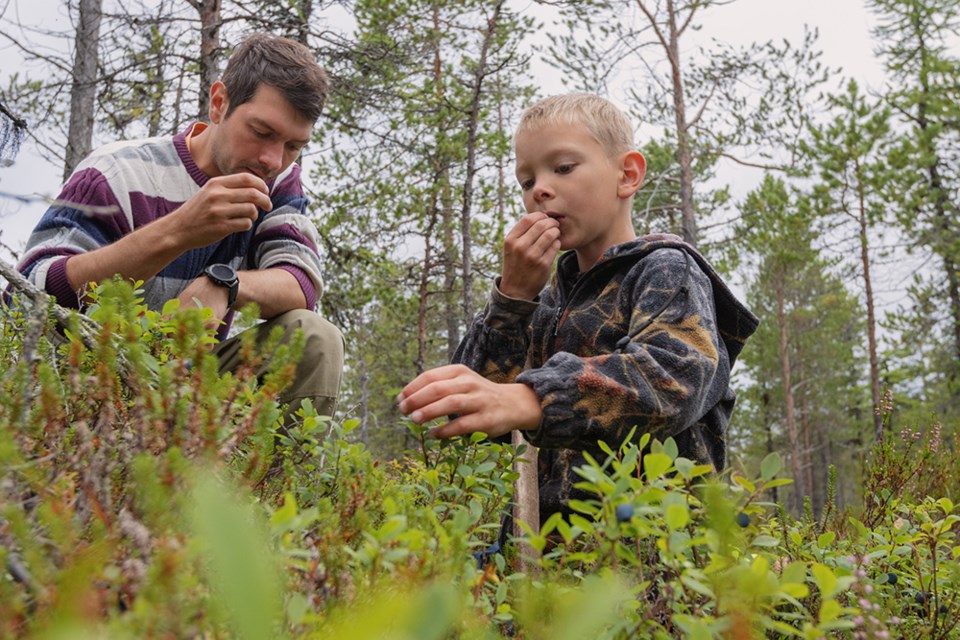We used to know the names of plants. More than that, we knew their many uses, whether it was an herb to reduce fever, a root to fight infection, or a leaf to mend bones.
The timing of the salmon run and location of wild asparagus patches were common knowledge. The backwoods were our grocery store and our pharmacy, and the price of a woven bag full of food and medicine was simply knowledge and time.
Each generation seems to have taken one step further from the call of the loon toward the hum of the city. It just might be, however, that some are returning.
The wisdom of our ancestors’ whispers are being heard. We are being invited back to the paths they walked. We are finding the inherent rightness of planting seeds in the soil, visiting berry patches and learning about natural remedies found in our backyards.
Many Indigenous peoples seem to speak about the natural world with a familiarity – an ease that comes from a deep knowing. Without passing this knowledge down to our children, it will be lost.
Fortunately, some are taking up the torch and becoming the keepers of nature’s secrets. Incredibly rich guidebooks are being compiled, hosting calendars for when herbs, berries, plants and fungi are best harvested along with their uses.
There has been a revival in our thirst to better understand the natural world we live in. Herbology classes, mycology clubs and seed exchanges all hint at our curiosity being stoked.
Perhaps we are beginning to see the importance of knowing the land we call home. No longer satisfied with a mere photo of a sunset, some are longing for a relationship with nature. We are finding ourselves both physically and emotionally nourished by this journey back to the earth.
It shouldn’t be surprising that the deeper we understand the natural world, the more we’ll respect it. Becoming familiar with the plants and animals we share space with is a kind of homing.
We slow down and notice the differences between one shrub and the next, between a healthy stream and one that is turbid. In time, we no longer need someone to teach us everything because nature itself becomes our instructor, and observation our guidebook.
We can start mending our broken connection with the planet today, taking on the curiosity of a child and noticing what is growing outside our front door. Remedies for bee stings are poking out from cracks along the sidewalk. Evergreen tips rich in vitamin C are waving their hands in a vibrant green hello.
Making friends with an herb nerd, wild harvester or passionate gardener can be the key to a whole new way of looking at the world around us. Careful identification and understanding is important. After all, medicine, whether it be from a pharmacy or trailhead, can be powerful and is deserving of respect.
As with all that we put in or on our bodies, we should do our research and distinguish between toxin and treasure.
There is something viscerally alive in us when we provide for our needs by growing our own food and medicine or by harvesting them from nature. Sourcing locally also happens to be good for the earth when done sustainably. We can say farewell to plastic packaging as well, as that’s one thing Mother Nature doesn’t grow on trees.
Let’s Talk Trash is qathet Regional District’s waste reduction education program. For more information, email [email protected] or go to LetsTalkTrash.ca.



